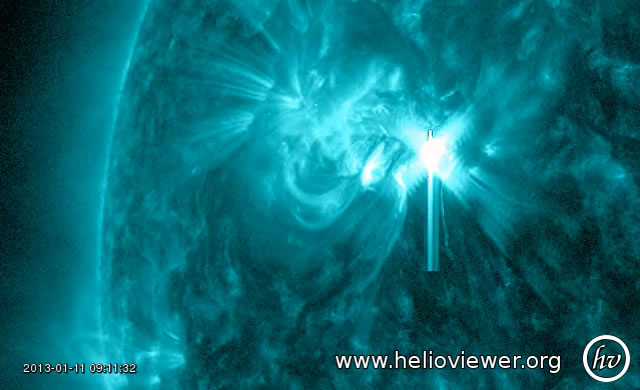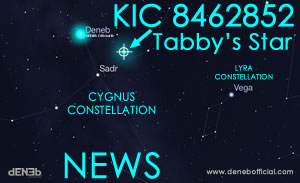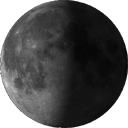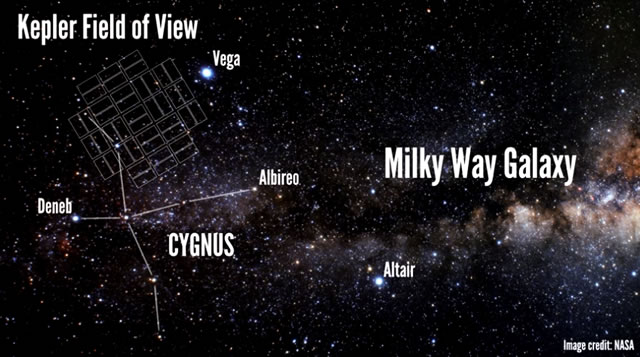
Secondo gli scienziati l’attuale ciclo solare è il più anemico degli ultimi 100 anni. La nostra stella è ora al “massimo solare”, la fase di picco del suo ciclo di attività che si verifica ogni 11 anni circa. Ma questa massimo solare è debole, dicono i ricercatori, e il ciclo attualmente in atto, noto come ciclo solare 24, evoca paragoni con il famoso e altrettanto debole ciclo solare 14, avvenuto nel 1900.
“Nessuno di noi ha mai visto un ciclo così debole. Così impareremo qualcosa”, ha detto ai giornalisti qui oggi ( 11 dicembre ) Leif Svalgaard della Stanford University, in occasione della riunione annuale della American Geophysical Union. L’apprendimento è già iniziato. Ad esempio, gli scienziati pensano di sapere il motivo per cui le tempeste solari che si sono verificate durante il Ciclo Solare 24 hanno causato relativamente pochi problemi qui sulla Terra. Il sole spesso fa esplodere enormi nubi di particelle surriscaldate nello spazio, in esplosioni note come espulsioni di massa coronale (CME). Le CME potenti che colpiscono direttamente la Terra possono scatenare tempeste geomagnetiche, che a loro volta possono disturbare le comunicazioni radio, i segnali GPS e le reti elettriche. Ma tali effetti si sono osservati raramente durante ciclo solare 24. La spiegazione, secondo i ricercatori, risiede nella pressione ridotta attualmente presente nella eliosfera, l’enorme bolla di particelle cariche e campi magnetici che il sole ha intorno a sè. Questa bassa pressione ha permesso alle CME di espandersi notevolmente nello spazio, ha detto Nat Gopalswamy del NASA Goddard Space Flight Center di Greenbelt, nel Maryland, infatti le espulsioni di massa coronale di questo Ciclo Solare 24 sono in media il 38 per cento più grandi di quelle misurate durante l’ultimo ciclo, con la differenza delle conseguenze reali per noi qui sulla Terra.
The sun’s current space-weather cycle is the most anemic in 100 years, scientists say. Our star is now at “solar maximum,” the peak phase of its 11-year activity cycle. But this solar max is weak, and the overall current cycle, known as Solar Cycle 24, conjures up comparisons to the famously feeble Solar Cycle 14 in the early 1900s, researchers said.
“None of us alive have ever seen such a weak cycle. So we will learn something,” Leif Svalgaard of Stanford University told reporters here today (Dec. 11) at the annual meeting of the American Geophysical Union. The learning has already begun. For example, scientists think they know why the solar storms that have erupted during Solar Cycle 24 have caused relatively few problems here on Earth. The sun often blasts huge clouds of superheated particles into space, in explosions known as coronal mass ejections (CMEs). Powerful CMEs that hit Earth squarely can trigger geomagnetic storms, which in turn can disrupt radio communications, GPS signals and power grids. But such effects have rarely been seen during Solar Cycle 24, even though the total number of CMEs hasn’t dropped off much, if at all. The explanation, researchers said, lies in the reduced pressure currently present in the heliosphere, the enormous bubble of charged particles and magnetic fields that the sun puffs out around itself. This lower pressure has allowed CMEs to expand greatly as they cruise through space, said Nat Gopalswamy of NASA’s Goddard Space Flight Center in Greenbelt, Md. Indeed, Solar Cycle 24 CMEs are, on average, 38 percent bigger than those measured during the last cycle — a difference with real consequences for folks here on Earth.
Source/Continue reading → SpaceWeather.com





















